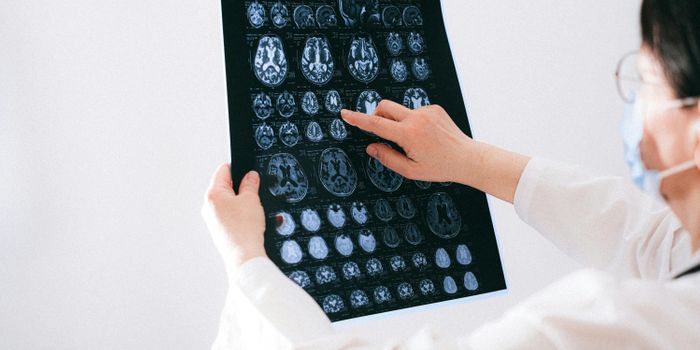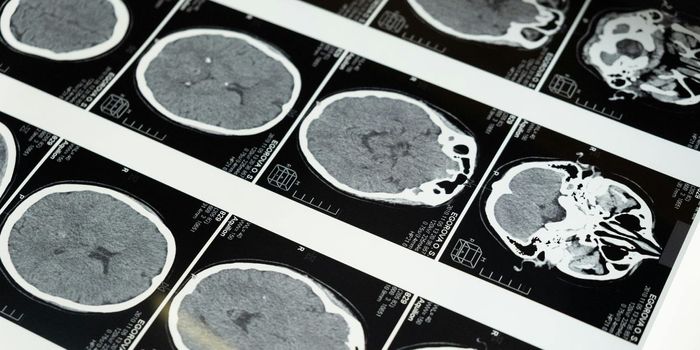According to new research, the incidence of depression is on the rise among teenagers. While it’s common for teens to be occasionally moody or difficult, actual depression is much different and a much more serious problem. A study conducted by researchers at the Johns Hopkins Bloomberg School of Public Health in Baltimore MD looked at the years between 2005 and 2014 and the age group of 12-17. What they found was surprising and has led to calls for more screening of this age group by their health care providers.

In 2005 the percentage of teenagers reporting a major depressive episode was 8.7%. That rate has risen dramatically since then to 11.3%. The study by the team at Johns Hopkins was published in the journal Pediatrics in this month. Psychiatrists define a “major depressive episode” as one in which a patient experiences mental and physical symptoms of sadness, irritability or hopelessness and these symptoms persist for two weeks or more. While parents and health care providers often dismiss the feelings of teens as typical angst, the rise in these episodes points to a problem that is more serious than some might think.
The numbers fell along gender lines as well, pointing out that girls were more likely to experience a depressive issue than boys. For young women, the rate of these episodes increased during the study period from 13.1% in 2004 to over 17% in 2014. For boys, the rates did increase, but not by such a large margin. 2004 rates for young men that reported depression were at 4.5% in 2004 to 5.7% in 2014. The data was taken from the National Survey on Drug Use and Health It should be noted that there was no way to judge from these numbers if boys or girls were more likely to report these feelings, or less likely to report them. The consensus is however that the numbers of children who are actually suffering from depression is likely higher than what actually gets reported. One reason for the larger number of girls, according to study authors, could be related to cyberbullying. In other research girls report more experience with online bullying and teasing and these factors are linked to depression.
There is also a discrepancy in the numbers of depressive episodes reported and the number of adolescents being treated which is a serious issue. According to an article on CNN.com, Dr. Mark Olfson, a professor of psychiatry at Columbia University Medical Center and a co-author of the study stated, "Although a recent federal task force recommended screening for depression in young people 12 to 18 years of age, screening is far from universal.The new study highlights that most adolescents with depression do not receive treatment for their symptoms and underscores the need for increased attention to this condition."
The research published this month in Pediatrics echoes a recommendation made in February of 2016 by the US Preventative Services Task Force. They advised then that all adolescents between the ages of 12-18 be screened by their health care provider for depression, however such screenings are not yet the norm in most pediatric practices. The video below talks more about the study and what it could mean for young people at risk.
Sources:
CNN US Preventative Services Task Force,
Pediatrics,
National Survey on Drug Use and Health









